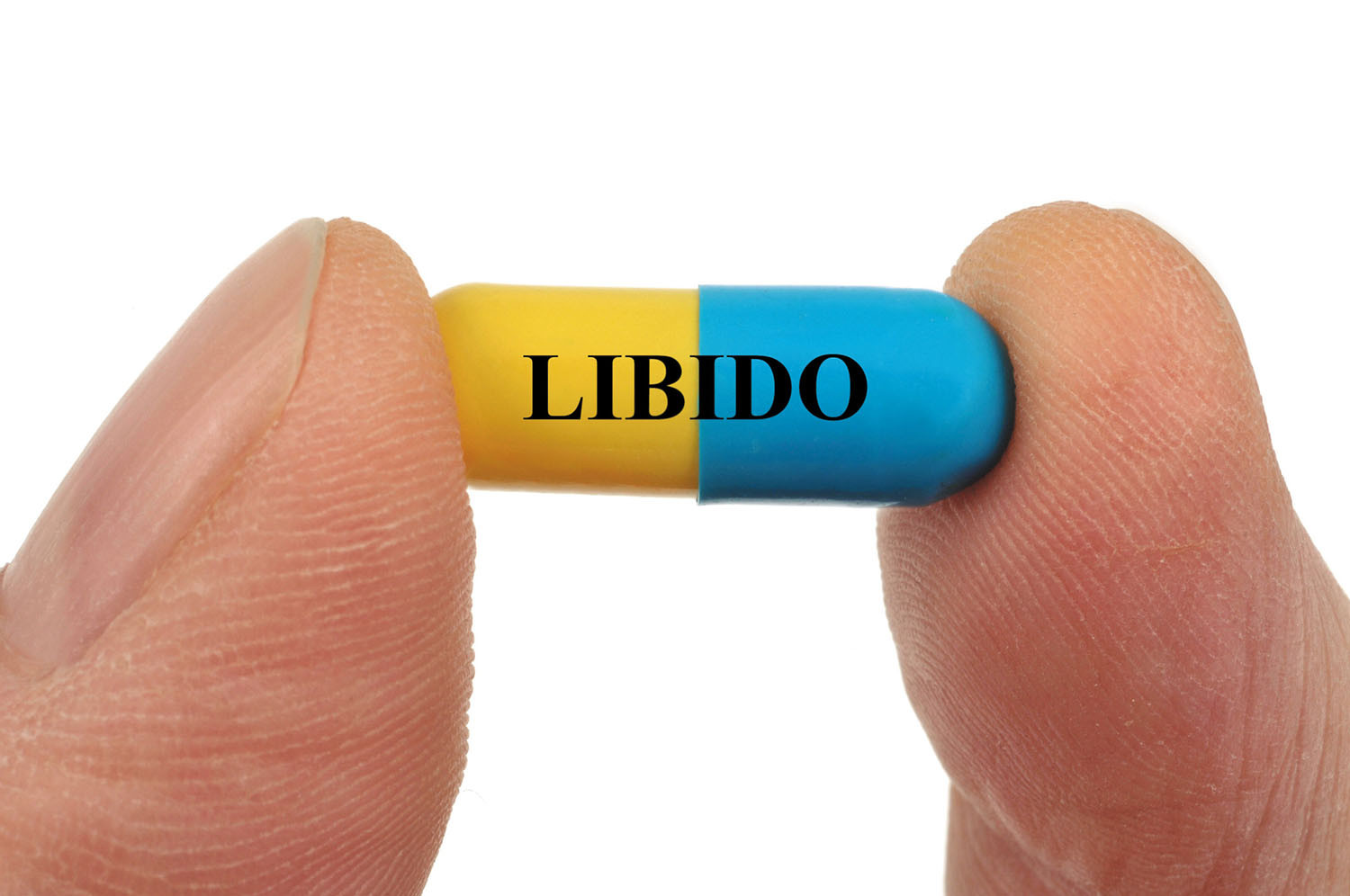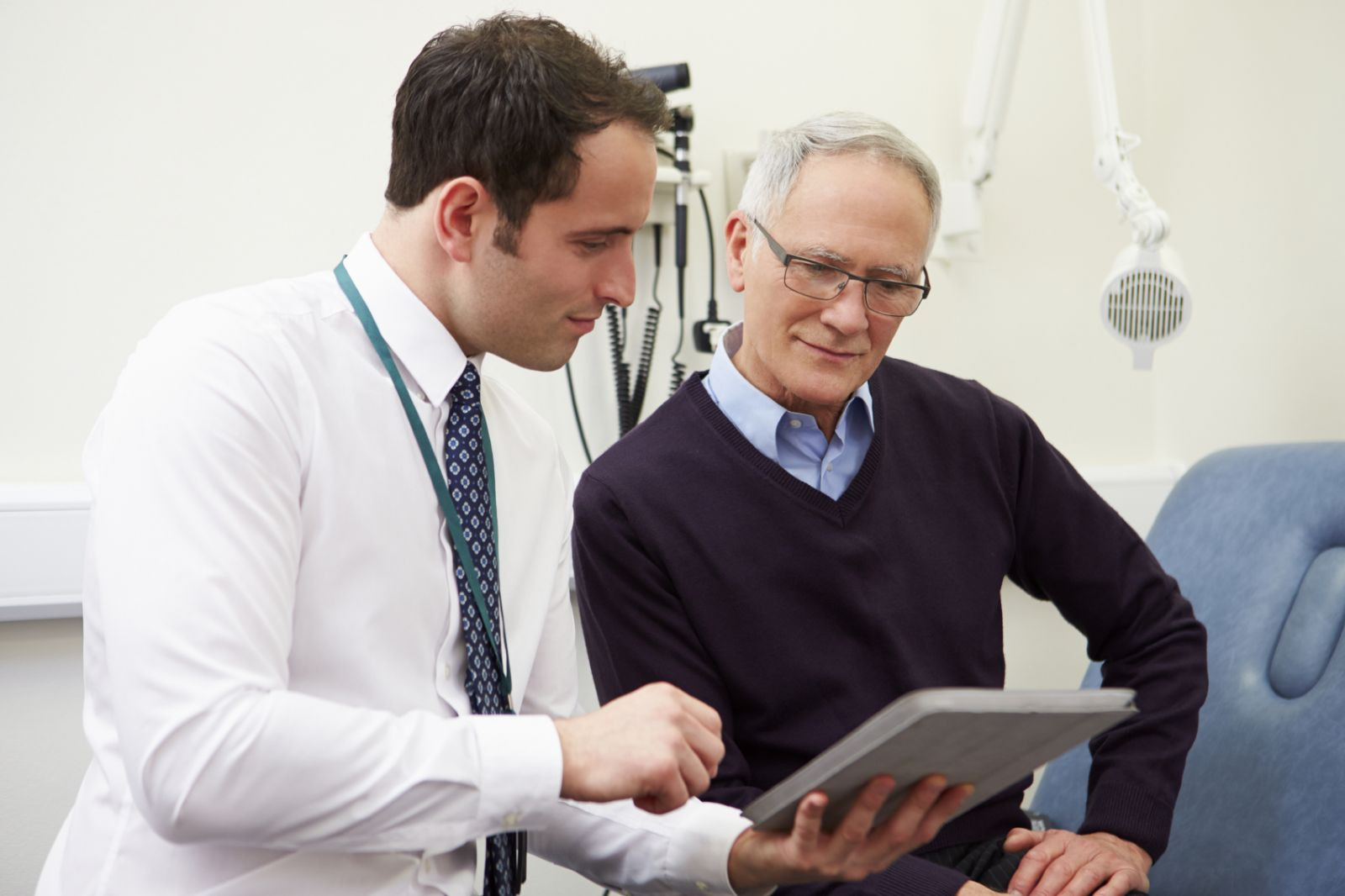Recent Blog Articles

Testosterone-blocking drugs boost heart disease risk when given in combination

Parenting isn't easy: Two important skills can help

Does sleeping with an eye mask improve learning and alertness?

Do tattoos cause lymphoma?

Hot weather hikes: Staying safe when temperatures spike

Cannabis drinks: How do they compare to alcohol?

What is Lewy body dementia?

Dog bites: How to prevent or treat them

Ever read your medical record? Here's why you should

Shining light on night blindness
Men's Sexual Health Archive
Articles
Eating more nuts may improve sexual function
In the journals
Need a sexual boost? Eat more nuts. A recent study found that men who added 60 grams — about 1/2 cup — of nuts to their daily diet improved several aspects of their sexual life. The results were published online June 19, 2019, by the journal Nutrients.
Researchers asked 83 healthy men to follow either a traditional Western-style diet without nuts, or a Western-style diet that also included 60 grams (about 360 calories) of a nut mixture made from almonds, hazelnuts, and walnuts every day. A questionnaire assessed their current sexual function.
5 things that can scuttle good sex
"The brain is the body's most important sex organ." This well-known phrase bears more than a little truth. Functional sex organs, appropriate hormone levels, and the ability to become sexually aroused alone don't guarantee good sex. Other factors — brain factors — can get in the way.
Relationship issues
Tension and emotional distance can undermine a couple's sex life. Conflicts having nothing to do with sex, like finances or child-raising issues, can be at the root of a sexual problem. It works the other way, too: a sexual issue can strain a couple's ability to get along.
When sex gives more pain than pleasure
Dyspareunia is a common problem for many postmenopausal women.
Millions of women experience pain before, during, or after sexual intercourse—a condition called dyspareunia (from the Greek dyspareunos, meaning "badly mated"). This condition not only saps sexual desire and enjoyment, it can also strain relationships and erode quality of life in general. For postmenopausal women, dyspareunia may also raise concerns about aging and body image.
Many women suffer in silence and don't seek the help they need, or they have trouble finding a clinician who can diagnose and treat the causes of their pain. That is unfortunate, because treatments are available for many of the problems that underlie this vexing condition.
Straight talk about your new sex life
Communication between you and your partner can help create a happier and healthier love life.
You had your first sex talk when you were young, but now that you're older, it's time for another one.
"Men and women go through all kinds of physical and emotional changes as they age that can affect their sex life as well as their relationship," says Dr. Sharon Bober, director of the Sexual Health Program at Harvard-affiliated Dana-Farber Cancer Institute. "These changes sometimes feel embarrassing or are difficult to talk about. But communicating about your changes — and your partner's — can help couples find solutions and common ground, as they enter this new and potentially exciting phase of their sex lives."
Marriage and men's health
Both married men and unmarried men of a certain age, may remember the tune, if not the words:
Love and marriage, love and marriage,
Go together like a horse and carriage.
This I tell you, brother,
You can't have one without the other.
Improving your self-esteem can improve your sex life
Gravity is not kind to your body as you age. Nor are childbirth, an unhealthy diet, lack of exercise, and the hormone declines that lead to muscle loss, loose skin, and thinning hair. Worry about having your partner see your sagging skin or generous waistline can discourage you from having sex, or you may demand that sex take place only under the covers, with the lights out. Needless to say, these conditions don't leave much room for a sense of closeness or inspired lovemaking. Often, a preoccupation with your appearance while making love will prevent you from initiating or responding to sexual advances.
A negative self-image isn't always rooted in your appearance. Career setbacks or other disappointments can lead to feelings of failure and depression, both of which sap desire. For men, episodes of impotence can undercut confidence in their masculinity.
Sex hormones and your heart
Here's the latest thinking about how estrogen or testosterone therapy may affect cardiovascular risk.
The two main sex hormones — estrogen and testosterone — have wide-ranging effects in the body. Produced primarily by the ovaries (estrogen) and testes (testosterone), these hormones affect not just your sexual function but also your bones, brain, and blood vessels, for example.
As people age, the natural decline in sex hormone levels sometimes causes undesirable symptoms, such as hot flashes or a flagging sex drive. Doctors can prescribe pills, patches, gels, and creams containing estrogen or testosterone to ease those symptoms. But are these products safe for your heart?
Can blood pressure medications interfere with my sex drive?
On call
Q. I know that erectile dysfunction can be a common side effect of blood pressure medications, but can they also lower my sex drive?
A. Sexual issues are a side effect of many medications, including ones prescribed to lower blood pressure. You're correct that erectile dysfunction (ED) is mentioned most frequently. But blood pressure medicines also can decrease sexual drive or make it more difficult to reach orgasm.
Is sex exercise? And is it hard on the heart?
At some time in his life, nearly every man gets exercised about sex. And as many men get older, they wonder if sex is a good form of exercise or if it's too strenuous for the heart. These questions may sound like locker room banter, but they are actually quite important — and they have solid scientific answers.
Treadmill vs. mattress
To evaluate the cardiovascular effects of sexual activity, researchers monitored volunteers while they walked on a treadmill in the lab and during private sexual activity at home. In addition to 13 women, the volunteers included 19 men with an average age of 55. About three-quarters of the men were married, and nearly 70% had some form of cardiovascular disease; 53% were taking beta blockers. Despite their cardiac histories, the men reported exercising about four times a week, and they reported having sexual activity about six times a month on average.
The buzz about caffeine and health
What the latest science says about caffeine's influence on your heart, memory, sex life, and exercise performance.
Americans are jolted with caffeine. On average, about 80% of adults take some form of caffeine every day, according to the FDA, usually from coffee, tea, soda, or energy drinks.
But does all that caffeine have any effect on your health — either good or bad? "While caffeine can give you a temporary mental and physical boost, its impact depends on how much you consume and the source," says Dr. Stephen Juraschek, an internal medicine specialist at Harvard-affiliated Beth Israel Deaconess Medical Center.
Recent Blog Articles

Testosterone-blocking drugs boost heart disease risk when given in combination

Parenting isn't easy: Two important skills can help

Does sleeping with an eye mask improve learning and alertness?

Do tattoos cause lymphoma?

Hot weather hikes: Staying safe when temperatures spike

Cannabis drinks: How do they compare to alcohol?

What is Lewy body dementia?

Dog bites: How to prevent or treat them

Ever read your medical record? Here's why you should

Shining light on night blindness
Free Healthbeat Signup
Get the latest in health news delivered to your inbox!
Sign Up











